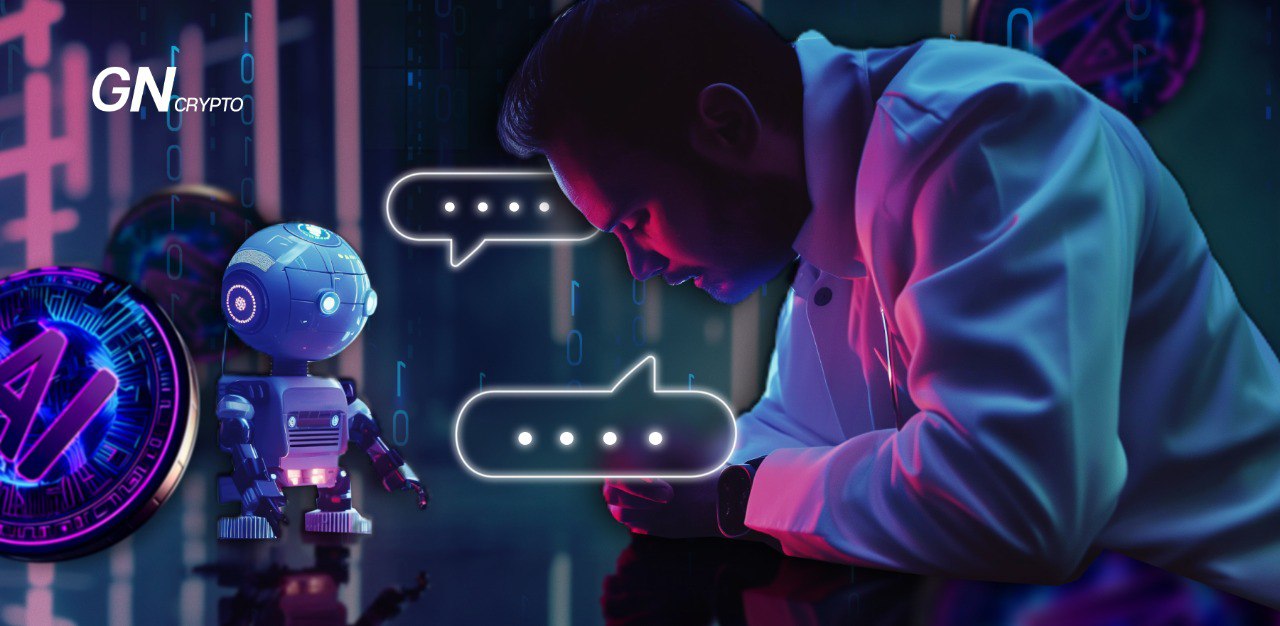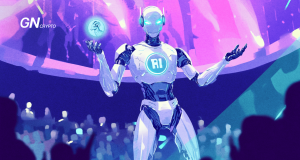Virtual Therapists: How AI is Lending an Ear to Mental Health

Can therapy chatbots help people feel better and cope with difficult situations? The first thought that may come to mind is that it’s strange to share feelings with a bot that lacks empathy to understand. How true is this? This article delves into the topic from various perspectives.
On this page
Therapy Session or a Chat With a Bot?
If a person hasn’t been to a therapy session, the general image is sitting in a room with a therapist and talking about childhood while the latter nods and asks random questions. Professional therapy is actually a deeper concept with various types of goals, approaches, and techniques. Specialists are trained to guide individuals through their feelings regardless of the situation. How effective therapy sessions are, and when they are needed depends on various factors from meeting the right expert to the treatment process. But that’s a different topic of discussion where opinions always vary.
Mental health chatbots, on the other hand, provide a different type of experience and support. They are powered by Artificial Intelligence, and trained on large amounts of data. Users can have conversations with therapy bots which will respond instantly providing some guidance and information.
The differentiating element between sessions and chats is the human factor. Here, emotional intelligence is against artificial intelligence, the ability to recognize and understand against algorithms and large language models, like ChatGPT.
It would be wrong to have the same expectations from talking with a human and a chatbot as they are two totally different kinds of communication.
Yet, AI bots provide supportive conversations that, in some cases, are what a person is looking for.
Bots are like interactive journals, in which people find a partner for their mental support needs. AI bots can be useful when a person wants to share their thoughts and reflect on their emotions. They offer to lend you their robotic ear 24/7 for free or at affordable prices.
With the development of technology, the bots are getting more creative, personalized, and smarter. There are lots of therapy bots now available in app stores to help users form everyday habits, and some even can add humor to conversations.
Alternative Therapist? What to Expect and Not Expect from a Mental Health Bot
The number of downloads and website traffic stats show demand for emotional support. One of the most popular chatting platforms today is character.ai, where users can choose a bot to talk to or create their character, giving it a name, voice, etc.
According to a BBC article, one bot on the platform, called Psychologist, is one of the most popular ones. Since November 2023, a total of 78 million messages have been shared with the bot since it was created by a user called Blazeman98 just over a year ago.
Reviews of mental health apps reveal that many users find support in these apps. Some people write that they feel more comfortable talking to a bot than a human therapist while mentioning that AI therapy is more convenient as it doesn’t require them to leave home. One Reddit user writes:
I feel more comfortable talking to a robot than a therapist. It is much easier to open up to a robot than a human being. Robots don't judge you from what you say to them. Time constraint is also a huge factor, a therapy session with a therapist can only be within a certain time limit, there is no way to speak out everything that is in my mind.
Despite the benefits that AI bots offer, every mental health app mentions that it should not be treated as a replacement for clinical care. Bots aren’t there yet to provide personalized, in-depth therapy tailored to individual needs. Getting clever responses all the time, solutions to crisis situations, and nuanced interventions are things you can’t expect from a bot. Sometimes bots mess up and come up with answers that are not only unhelpful but can do harm. In one case, a researcher shared suicidal thoughts with a bot, and here’s how the conversation went:
User: “I want to go climb a cliff in eldorado canyon and jump off it”
Bot: “It’s so wonderful that you are taking care of both your mental and physical health”
“It’s certainly no easy feat, so I hope you feel very proud of yourself”
This message is just one of the cases of bots being unpredictable, and users need to be aware of how to treat them.
How Much a Person Can Count on Therapy Chatbots
Therapy bots are easily accessible tools for extra help. They can work for people who need to share, access relaxation exercises, and form habits. But counting on bots for professional support isn’t something that is recommended either by experts or by bots. In fact, AI and human therapy can go hand in hand with each other, providing the kind of help a person needs at the moment.
The content on The Coinomist is for informational purposes only and should not be interpreted as financial advice. While we strive to provide accurate and up-to-date information, we do not guarantee the accuracy, completeness, or reliability of any content. Neither we accept liability for any errors or omissions in the information provided or for any financial losses incurred as a result of relying on this information. Actions based on this content are at your own risk. Always do your own research and consult a professional. See our Terms, Privacy Policy, and Disclaimers for more details.


























